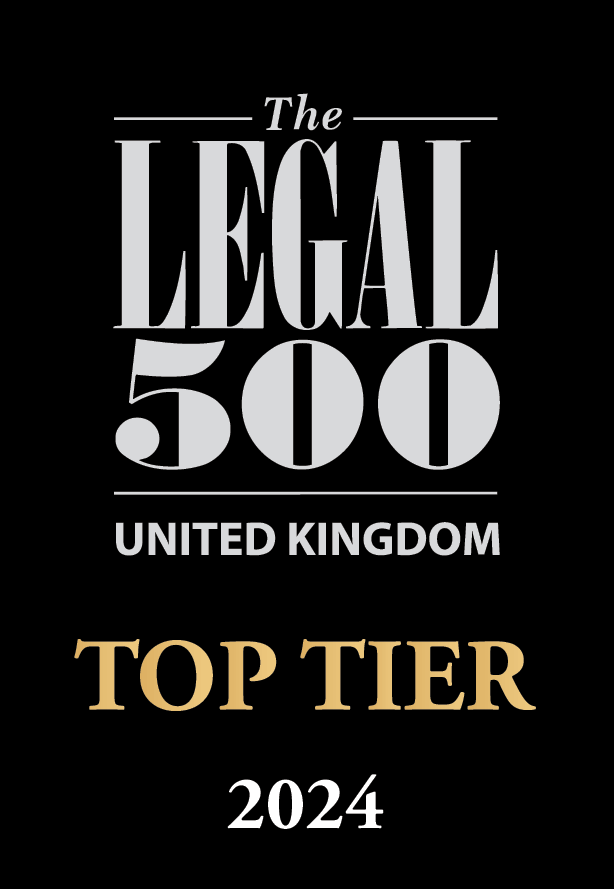A restrictive covenant is an agreement that imposes a restriction on the use of your commercial land, for example, prohibiting you from building an extension, building further properties or changing the appearance of the property.
If you find that there are restrictions, our team of experts can help you negotiate a release or make amendments to the agreement.
After assessing your situation, a solicitor will give you initial advice as to the best steps to take. They’ll inform you of the correct steps and the time-scales.
Once the strategy has been accepted, our leading team of commercial property disputes solicitors work very hard to make sure they update or remove the restrictive covenant on your land.



















